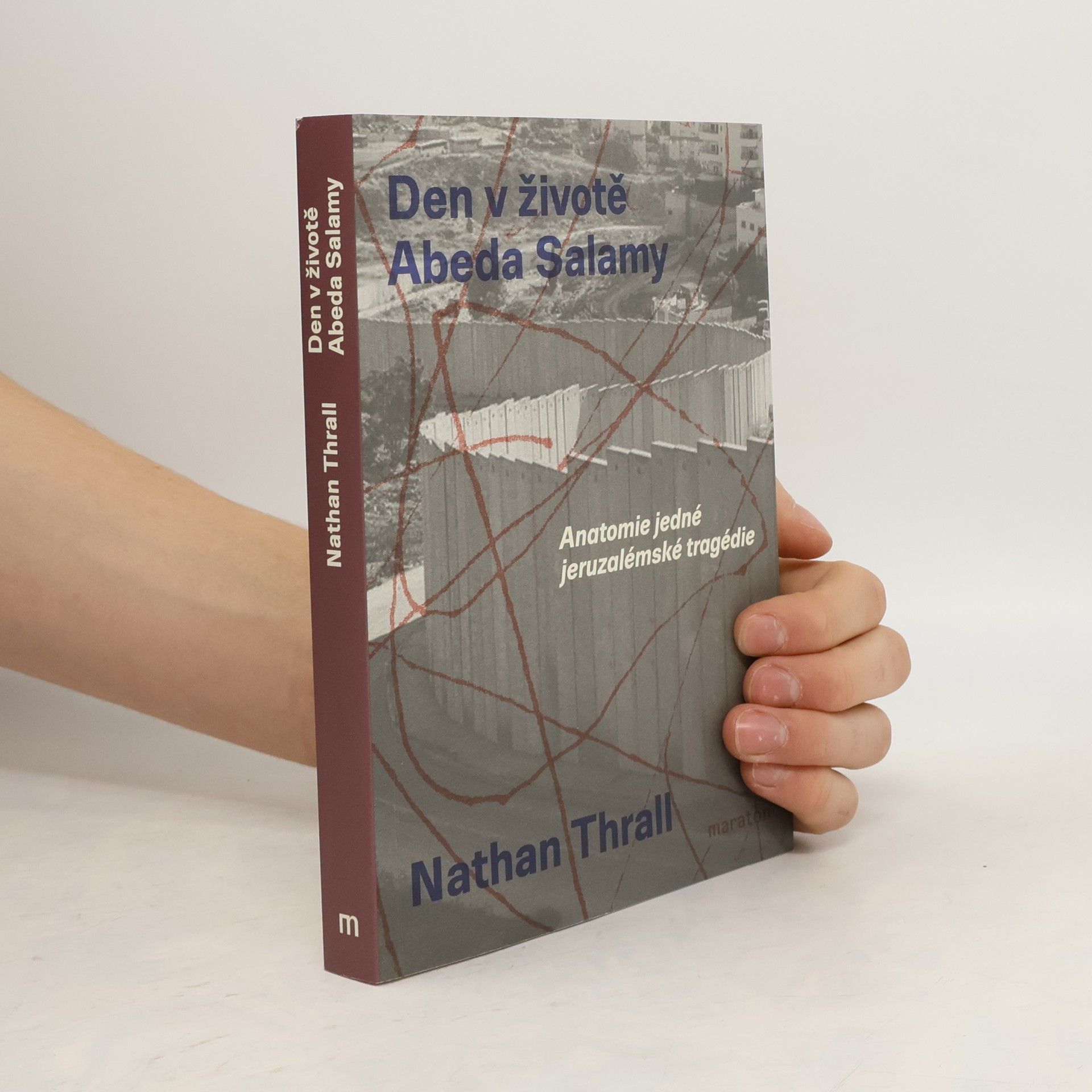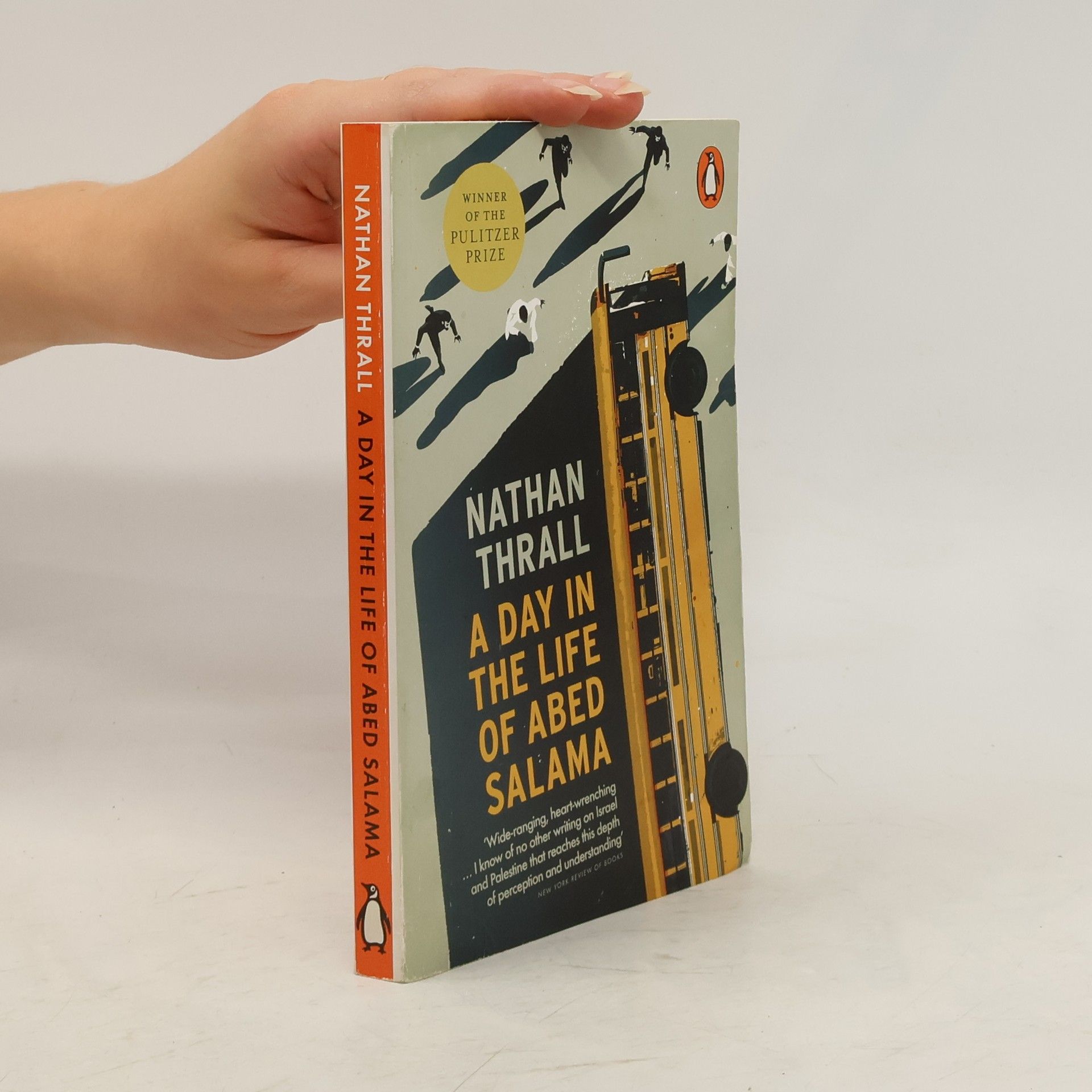A Day in the Life of Abed Salama: A Palestine Story
- 272pages
- 10 heures de lecture
WINNER OF THE 2024 PULITZER PRIZE FOR GENERAL NON-FICTION, LONGLISTED FOR THE BAILLIE GIFFORD PRIZE FOR NON-FICTION, AND A TIME, NEW STATESMAN, AND FINANCIAL TIMES BOOK OF THE YEAR. This work offers a deeply immersive portrait of daily life in Israel and the West Bank, showcasing the compassion and understanding needed amidst the complexities of the Israeli-Palestinian conflict. It tells the gripping and intimate story of a tragic day in Palestine, focusing on five-year-old Milad, who is excited for a school trip to a theme park but faces a horrific accident on the bus. His father, Abed, rushes to the scene, only to discover Milad has been taken away. Abed embarks on a harrowing journey to uncover his son’s fate, confronting numerous physical, emotional, and bureaucratic challenges as a Palestinian. The narrative intertwines with the lives of various Jewish and Palestinian characters, including a kindergarten teacher, a mechanic, an Israeli army commander, and two mothers hoping to claim an injured boy. This work provides a stunningly detailed portrait of life in one of the most contested regions, illuminating the harsh realities faced by ordinary people caught in the crossfire of history.



